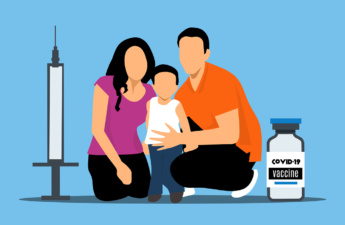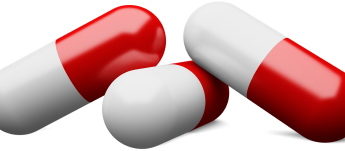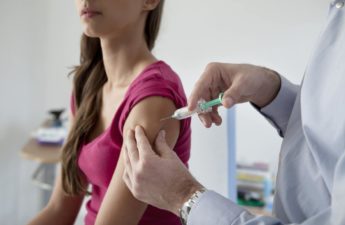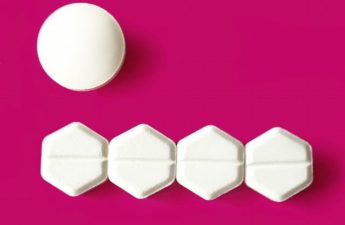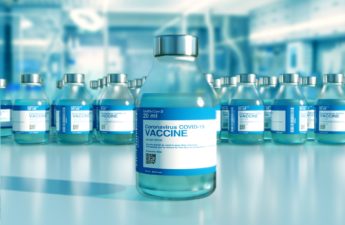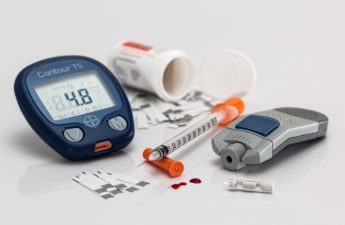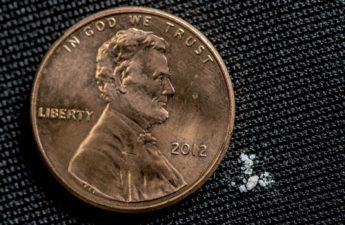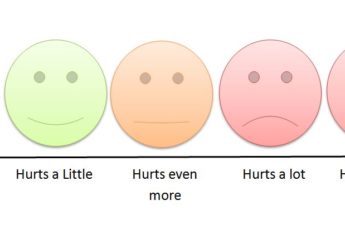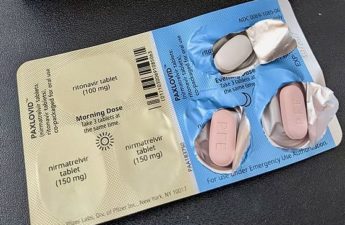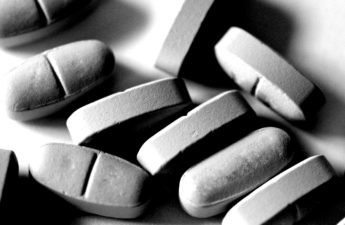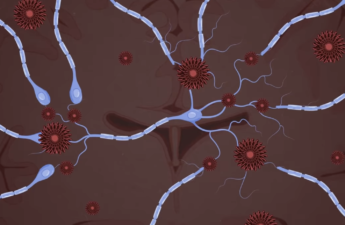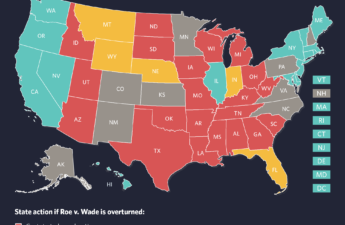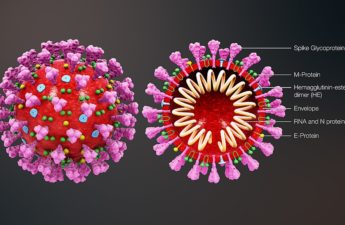Category: Drugs
WHEN CAN BABIES AND YOUNG CHILDREN FINALLY GET THE COVID VACCINE?
Public Health – Seattle & King County wants to ensure that families across the county can protect their children under 5 with COVID-19 vaccine soon after authorization for emergency use occurs.
Dangerous counterfeit drugs are putting millions of US consumers at risk, according to a new study
Many counterfeit pharmaceutical drugs are sold online, and the bulk of them are being obtained without a prescription.
The FDA answers your questions about coronavirus boosters.
Here are answers to some frequently asked questions from consumers about vaccine boosters, and resources.
What is medical abortion?
Tthree medical experts to answer your questions about medication abortions.
WHAT’S THE DEAL WITH BOOSTERS (AND WHY IT’S A GOOD TIME FOR A BOOST)
Boosters keep your body’s protection against COVID-19 strong for longer, guarding against getting very sick, going to the hospital, or death.
Automated Medication Dispensing May Cause Drug Mix-ups
Computerized medication cabinets are used in nearly all U.S. hospitals. Safety advocates say they’re primed for error.
Nonprofit drugmaker Civica Rx is taking aim at the high insulin prices harming people with diabetes
Civica Rx, a non-profit that manufactures generic drugs, is planning to produce generic insulin for a price of no more than $30 for a month.
What is fentanyl and why is it behind the deadly surge in US drug overdoses? A medical toxicologist explains
Buying drugs on the street is a game of Russian roulette. From Xanax to cocaine, drugs or counterfeit pills purchased in nonmedical settings may contain life-threatening amounts of fentanyl.
Book Review: Unlocking the Mysteries of Pain
“What if chronic pain is neither a physical sensation nor an emotional state?” the author writes. “What if chronic pain is something else altogether: a memory?”
What is Paxlovid and how will it help the fight against coronavirus?
An infectious diseases physician answers questions on the COVID-19 pill
The dietary supplement you’re taking could be tainted with prescription medications and dangerous hidden ingredients, according to a new study
Many over-the-counter dietary supplement products – particularly those used for sexual enhancement and weight loss – are tainted with undisclosed pharmaceutical ingredients.
The FDA approved a new drug to treat Alzheimer’s, but Medicare won’t always pay for it – a doctor explains what researchers know about Biogen’s Aduhelm
The core of the issue surrounding this drug is simple: Does it actually work? Here’s an explainer on Aduhelm, the new drug to treat Alzheimer’s.
Blue States Enact New Laws to Create Abortion Havens
In March, Washington Democratic Gov. Jay Inslee signed a bill prohibiting the state from taking legal action against people seeking an abortion and those who assist them, to ward off any attempts to enact a Texas-style abortion ban that calls on private citizens to sue anyone suspected of aiding an abortion.
Seizures of fentanyl-containing pills rise dramatically
The number of individual pills seized by law enforcement increased nearly 50-fold from the first quarter of 2018 to the last quarter of 2021 and the proportion of pills to total seizures more than doubled, with pills representing over a quarter of illicit fentanyl seizures by the end of 2021.
How does the immune system mobilize in response to a COVID-19 infection or a vaccine? 5 essential reads
We sought out scholars who could take our readers on deep dives into immunology and virology to help demystify these sometimes confusing, conflicting and taxing science-based questions. Here are five stories from The Conversation’s archives that highlight critical insights that we as editors and readers have gained thanks to COVID-19, and that will no doubt continue to be an important part of our pandemic lexicon.
